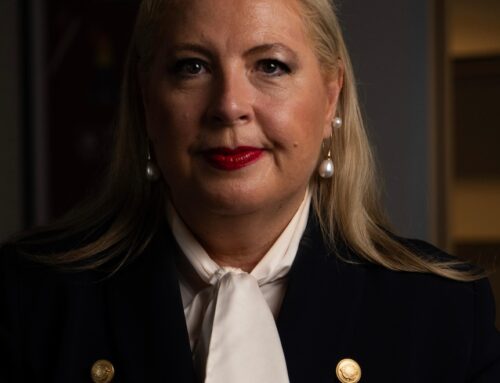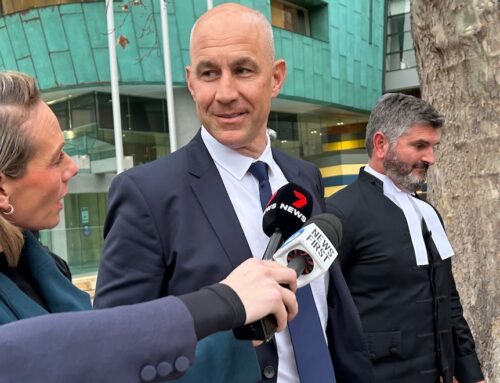An internal review has found the former South Australian government’s handling of the COVID-19 pandemic was not the sole factor that lost the Liberal Party the state election, but it did make messaging difficult when Labor was focused on other aspects of health.
Key points:
- The Liberal Party lost the March 2022 South Australian election
- A review says Labor split the government’s successful handling of the COVID-19 pandemic from other health issues
- Internal issues also occurred in the lead-up to the election
The review was ordered after Labor’s Peter Malinauskas had an emphatic victory over former premier Steven Marshall in March following a campaign based on ambulance ramping.
South Australia opened its borders to Victoria, NSW and the ACT last November, unleashing a wave of COVID-19 cases that peaked in the week after the election.
Mr Marshall then spent much of his time communicating about the pandemic.
His handling of the pandemic until then had been praised but Labor “decoupled” the government’s response on the virus from other health issues, the report by former Liberal Party federal director Brian Loughnane, former state minister Stephan Knoll and candidate Jordan Dodd found.
An overview of the report was released on Saturday, during the state policy convention being held by the Liberal Party.
Opposition Leader David Speirs said there were “no real surprises” in the document.
“The review finds that COVID-19 did not cost us the election, but it complicated things; it inhibited the Liberal Party from getting its message out there,” he said.
“It was a sort of umbrella of complexity that made the pathway to victory harder but by itself it did not cost us the election.”
Mr Speirs, who was the environment minister before the election said there was “poor campaigning” with a “lack of narrative”.
“Sometimes people say, ‘You ran a bad campaign’. I often disagree,” he said.
“I don’t think we actually ran a campaign, in some definitions of that word.”
Internal issues played on voters’ minds
The Liberal Party began with a slim majority after the 2018 election but fell into minority early last year after two MPs quit when charges were laid against them, while another became the speaker amid a call for more funding for his electorate.
Deputy premier Vickie Chapman then stood down amid an ombudsman’s investigation that eventually cleared her of a conflict of interest.
The review found these internal issues caused damage to the Liberal Party brand.
“Research showed a significant proportion of the election made up their minds on who to vote for during the December 2021-January 2022 period,” it said.
“This was a time when internal issues and the Omicron outbreak were central concerns.”
Mr Speirs, who replaced the more moderate Mr Marshall, said there was “no divide within the state Liberal team” now.
“It is as united as it’s been since the days of Thomas Playford’s leadership,” he said, referring to the state’s longest serving premier.
Ambulance ramping has been worse under Labor despite Mr Malinauskas’s promise to “fix the ramping crisis”.
Mr Speirs said he would hold the government to account and he could win the 2026 election.
“The findings are sobering for the Liberal Party but also should be used to create a framework and a pathway to being able winning elections in the future,” he said.





